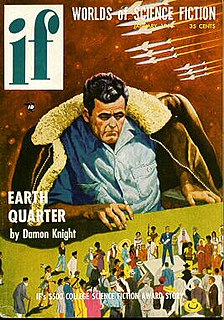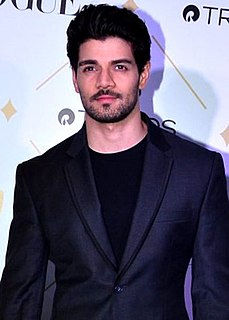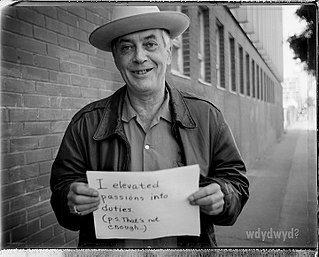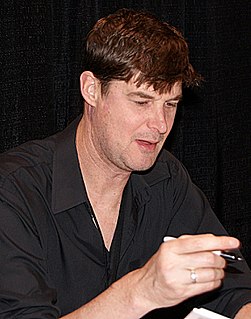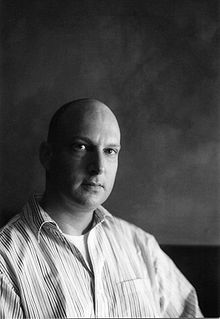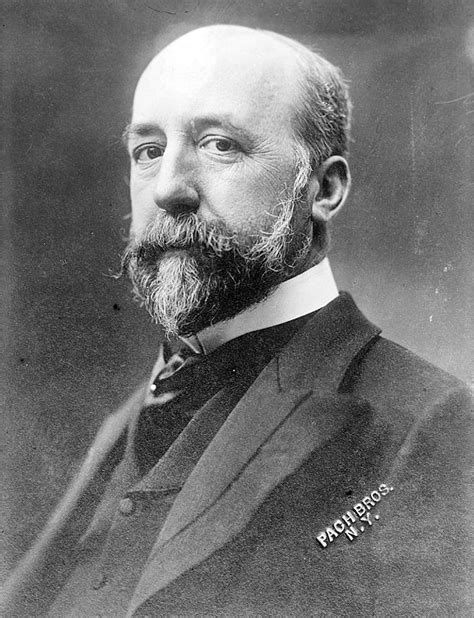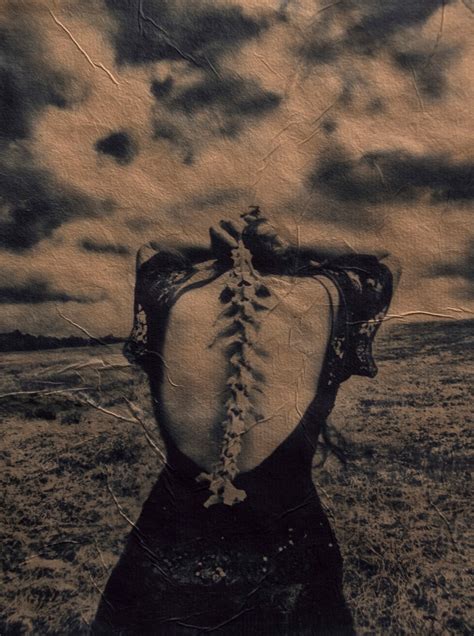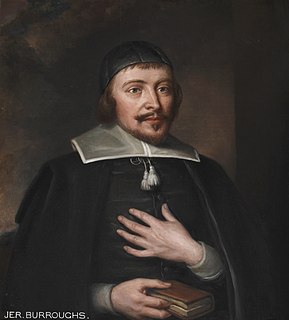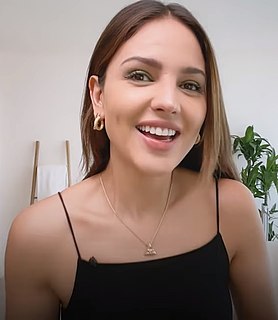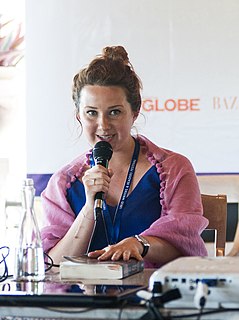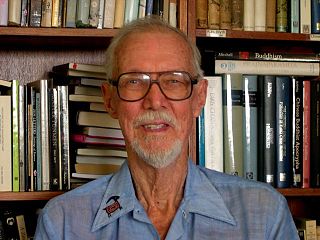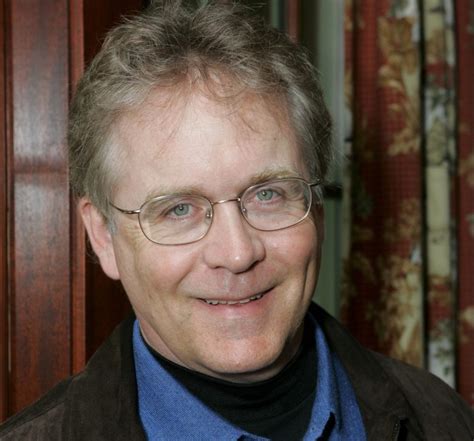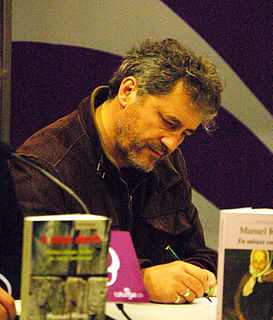Top 1200 Mystery Novels Quotes & Sayings - Page 5
Explore popular Mystery Novels quotes.
Last updated on November 19, 2024.
If you read novels of the 19th century, they're pretty experimental. They take lots of chances; they seem to break a lot of rules. You've got omniscient narrators lecturing at times to the reader in first person. If you go back to the earliest novels, this is happening to a wild extent, like 'Tristram Shandy' or 'Don Quixote'.
Days pass when I forget the mystery. Problems insoluble and problems offering their own ignored solutions jostle for my attention, they crowd its antechamber along with a host of diversions, my courtiers, wearing their colored clothes; caps and bells. And then once more the quiet mystery is present to me, the throng's clamor recedes: the mystery that there is anything, anything at all, let alone cosmos, joy, memory, everything, rather than void: and that, 0 Lord, Creator, Hallowed one, You still, hour by hour sustain it.
I often say to my students in workshops that if they are trying to find literary inspiration, they should not go and read novels, because novels are more appropriate for series. Where as they should read short stories - that's the right format for you to be able to actually display the narrative in a film.
Now this is a mystery to a carnal heart. They can see no such thing; perhaps they think God loves them when he prospers them and makes them rich, but they think God loves them not when he afflicts them. That is a mystery, but grace instructs men in that mystery, grace enables men to see love in the very frown of God's face, and so come to receive contentment.
The mystery lies in the here and now. The mystery is: What is one to do with oneself? As you get older you begin to realize the trick time is playing, and that unless you do something about it, the passage of time is nothing but the encroachment of the horrible banality of the past on the pure future. The past devours the future like a tape recorder, converting pure possibility into banality. The present is the tape head, the mouth of time. Then where is the mystery and why bother kicking through the ashes? Because there is a clue in the past.
See what's inside a drop of water. The whole seed of the universe. Come, come. See what's inside a drop of blood. The composition of life. It's all there. Hate as well. We approach the mystery of life, but it's impossible to understand the mystery of hate. The kind of hate that causes people not only to kill, but to want to erase you from the census of births. I have to concentrate on that mystery. Read everything there is. It has to be in a drop of blood. It has to have its chemistry.
The structure of my novels has nothing to do with the narrative mode of cinema. My novels would be very difficult to film without ruining them completely. I think this is the area where writers need to place ourselves: from a position of absolute modernity and contemporaneity, creating a culture of objects which cinema cannot.










